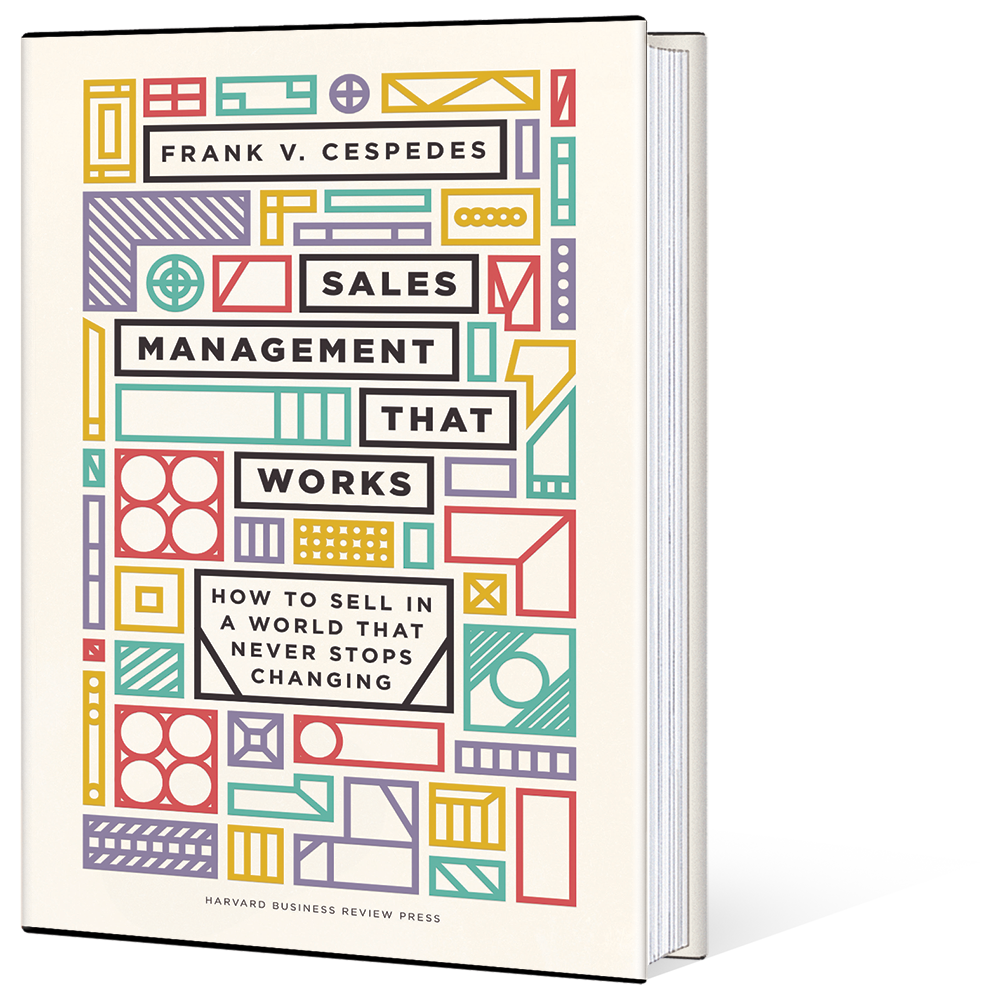Strategy has shrunk. For many firms and even for some prominent strategy consultants, the concept is now nothing more than “just-in-time decision making” or “a few critical initiatives” or other variations on “adaptability.” Driving this view is a set of assumptions: that making and integrating strategic choices “assumes a relatively stable and predictable world,” and that the speed of information flows and change in our high velocity world makes a search for sustainable advantage an ephemeral exercise that’s not worth it.
Forget, for a moment, the paucity of data supporting these assertions and the evidence that contradicts it. (U.S. Census Bureau data indicate that the average age of businesses is increasing and that new-business formation and other metrics of what economists call “business dynamism” have, sadly, been declining for decades.)
Instead, consider: how different are we, really, from what has come before? The idea of information overload was the basis for Alvin Toffler’s pop-sociology book Future Shock in 1970. That’s a few business generations ago: think mainframes with spindle cards, Nixon, and gas guzzlers; your parents were probably younger then than you are now. You can look at history too: creative destruction has been the fruitful norm, as Schumpeter emphasized, at least since the steam engine.


